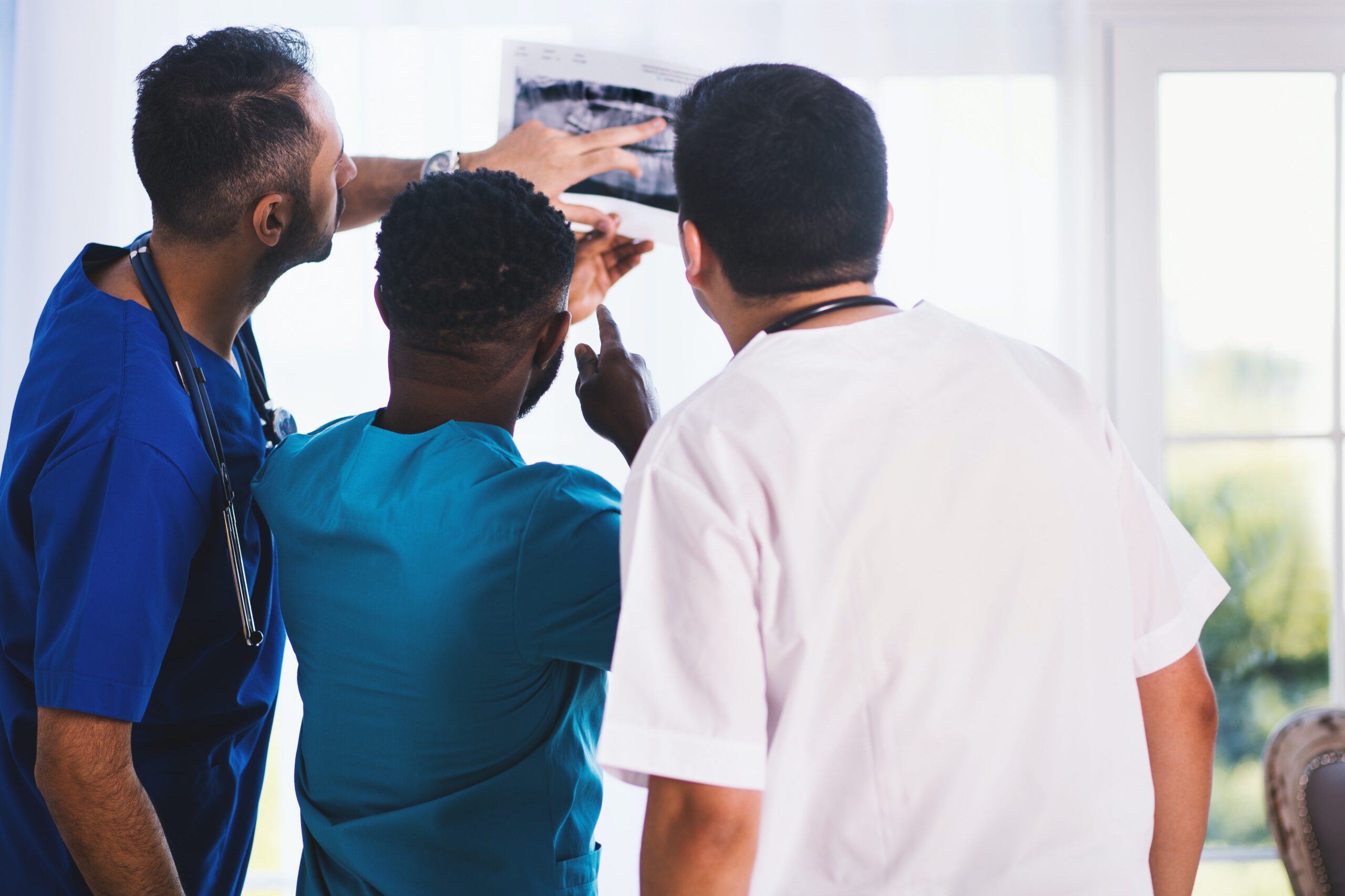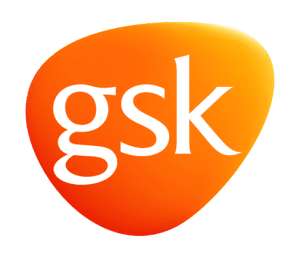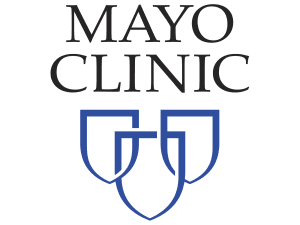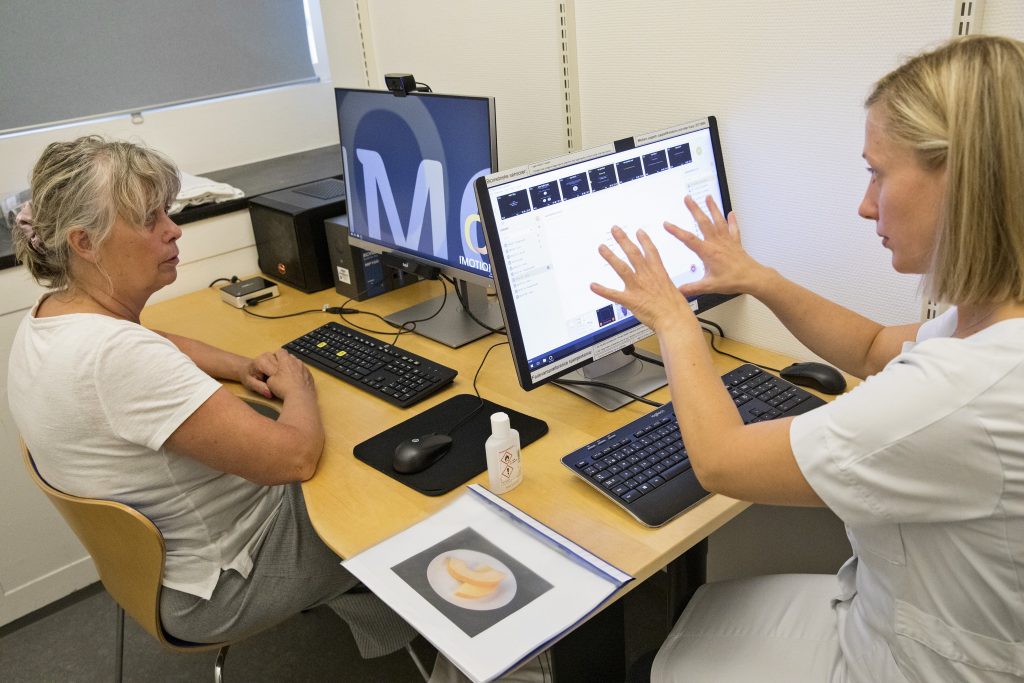
Behavioral Data in Healthcare
Biosensors have a rich history of generating a better understanding of human psychophysiology and behavior within medical contexts. With iMotions, you collect and analyze real-time neurophysiological data related to the disease, disorder, or behavior of interest with synchronized bio signals from EEG, eye trackers, facial expression analysis software, EDA, and/or ECG devices. To that end, biosensor tools are used to enable reliable multimodal research in both labs and natural settings to innovate and improve diagnostic and treatment processes, while improving providers’ interactions and performance.
Four inspiring ways biosensors are used to improve healthcare performance
Optimize Patient Care
An understanding of any disorder or disease is dependent on access to good data. iMotions helps you to investigate how individuals respond to treatment, optimize medical devices, or simply explore the processes underlying day-to-day functioning. Recording and analyzing multiple biosignals at once allows for entirely new data and insights, especially in a behavioral context that is often overlooked: our nonconscious, psychophysiological responses to stimuli. Armed with these data, healthcare providers can make better decisions, accelerate research, and improve quality of care.
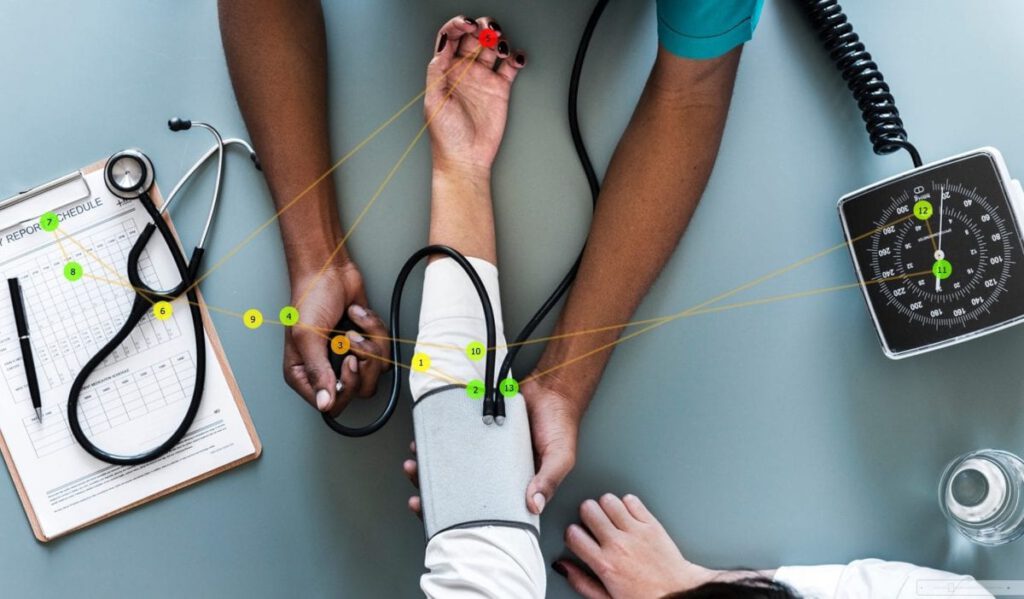
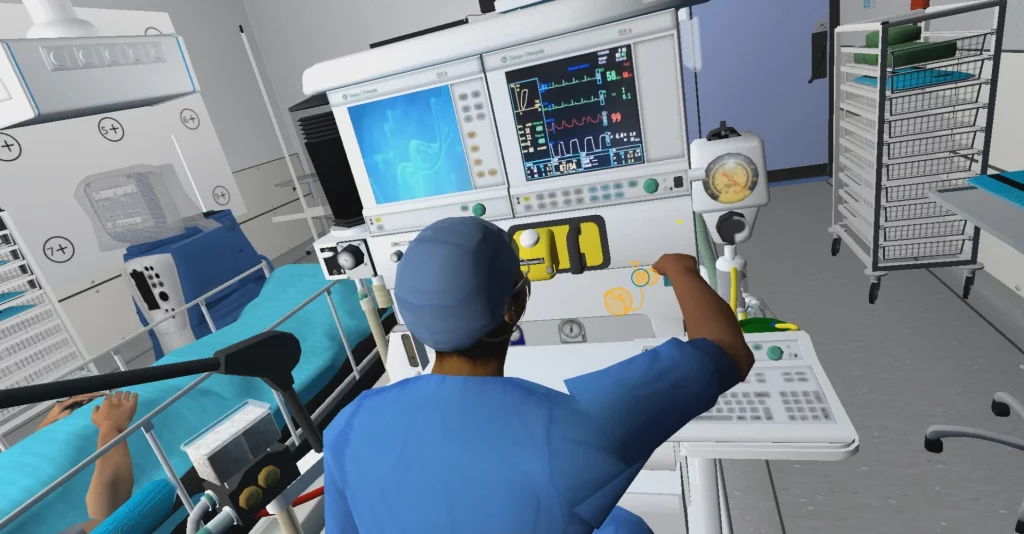
Medical And VR Training
Finding new ways to study how medical staff interact with patients can vastly improve patient care, from training to clinical practice and protocols. Quantifying these interactions with psychophysiological data can enable better safety and compliance protocols, mitigate mistakes, and ensure high-quality caregiving interactions. Use cases include: How do medical residents’ stress levels increase under emergency drills? Where do surgeons look in virtual surgery rooms? Whether gathering data in the real world or through simulations in VR, sensors aid in training.


